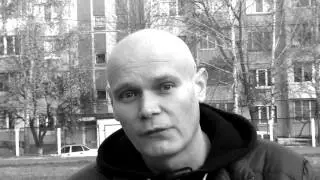6 Minute CEO - Strategic Potash - Billion-Dollar Ambitions
CEO, Peter Hodgedoorn discusses the unique advantages of the potash mining project, particularly its strategic location in the US and its commitment to sustainability. He highlights the rich mining heritage of the region, particularly in Salt Lake City and the Wasatch Front, where mines are interspersed among cities. The local education and training in mining provide an educated workforce, eliminating the challenges often associated with third-world countries. Peter emphasizes that being in a well-developed jurisdiction is a significant advantage for their project.
Furthermore, the discussion turns to the issue of water rights in the arid climate of the region. Water rights are considered tradable assets, but the project aims to efficiently use existing brine tables rather than draining them, ensuring sustainability and minimizing environmental impact. The use of mechanical vapor recompression for evaporation allows for water recycling and 12 months of production, contributing to the project's overall sustainability.
Peter expresses his sense of responsibility in overseeing a billion-dollar asset and emphasizes his dedication to making this mining project a success. He views this endeavor as a legacy issue and expresses excitement about expanding the team, engaging with shareholders, and establishing partnerships to further advance the project.
#PotashMining #SustainabilityInMining #StrategicResource #USMining #SustainableDevelopment #MiningLegacy #MiningHeritage #SaltLakeCityMines #WasatchFront #MiningEducation #EducatedWorkforce #MiningTraining #SkilledLabor #MiningInnovation #LocalTalent #MiningWorkforce #WorkforceDevelopment #WaterRights #SustainableWaterUse #EnvironmentalImpact #WaterRecycling #BrineTables #AridClimate #EnvironmentalSustainability #BillionDollarProject #CEOCommitment #LegacyProject #ProjectDedication #TeamExpansion #ShareholderEngagement #StrategicPartnerships #MiningSuccess #ProjectAdvancement







